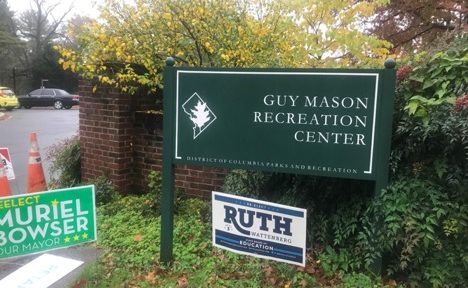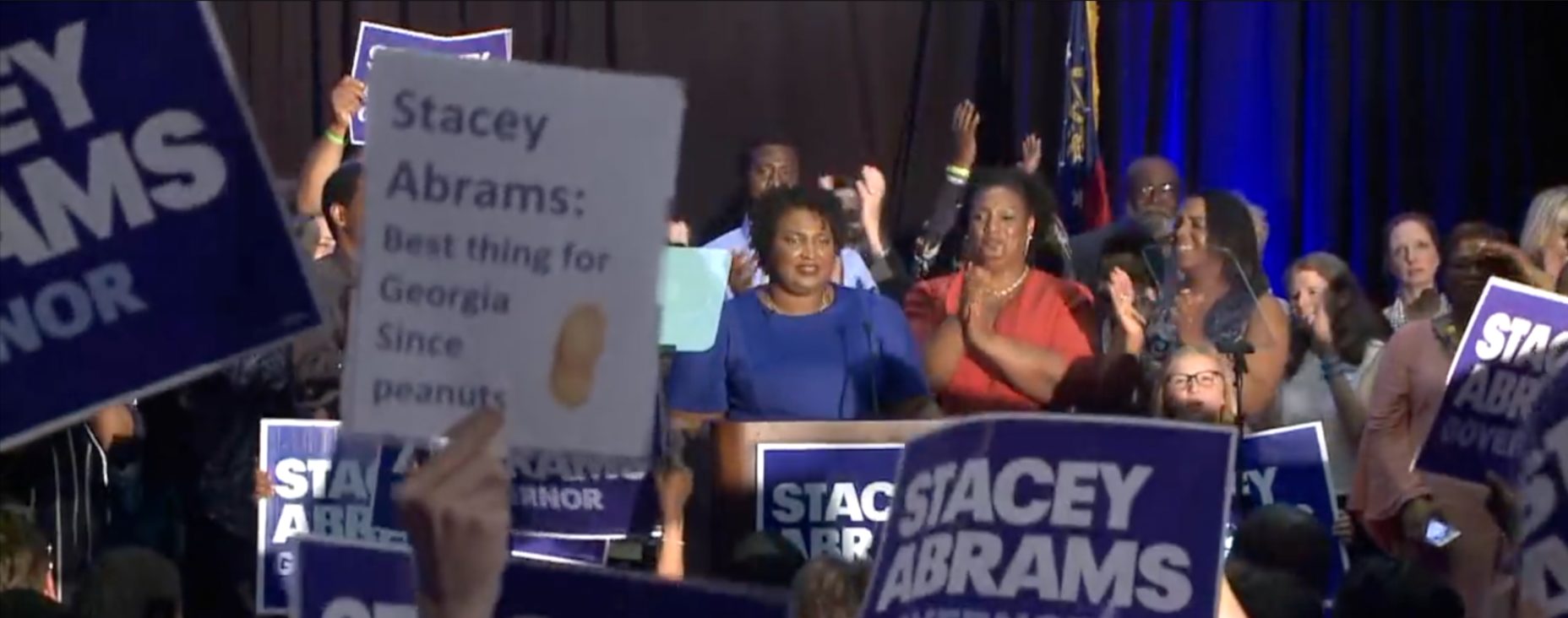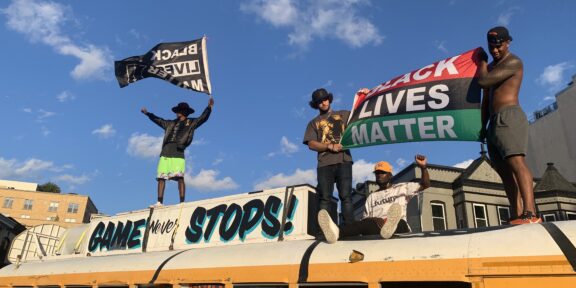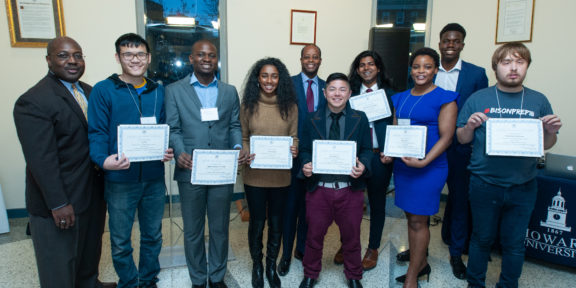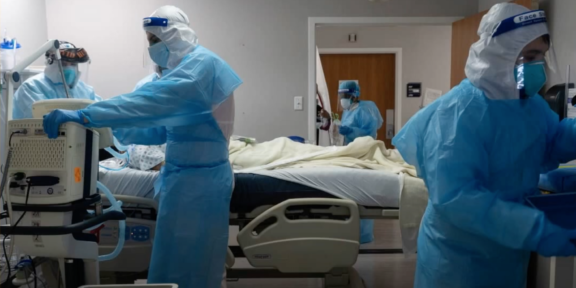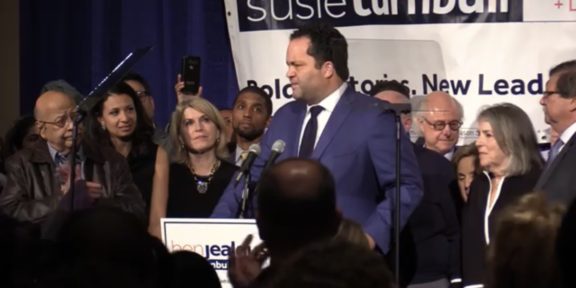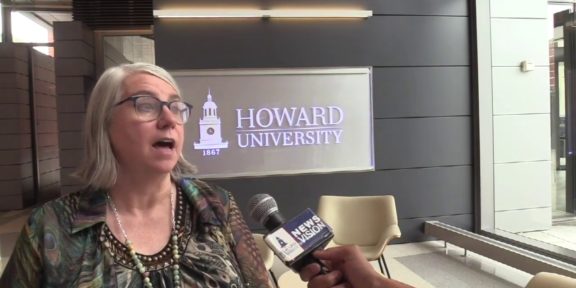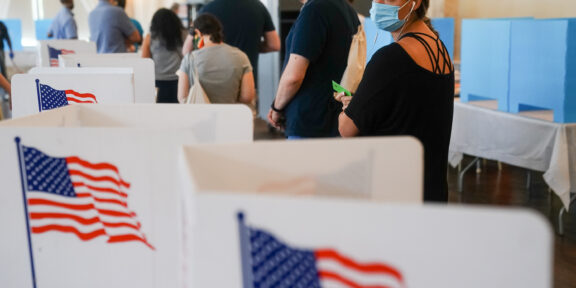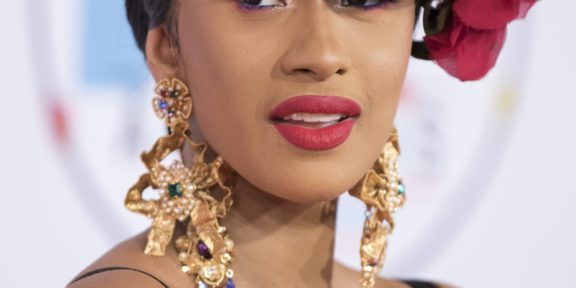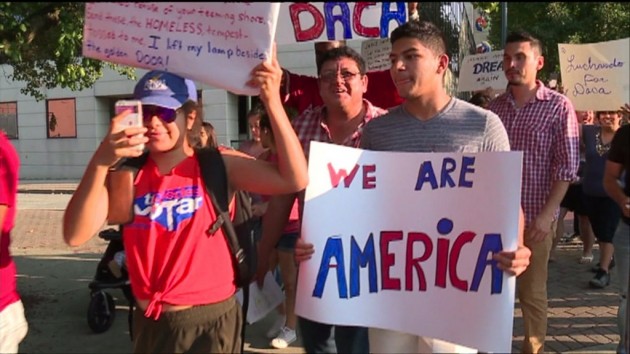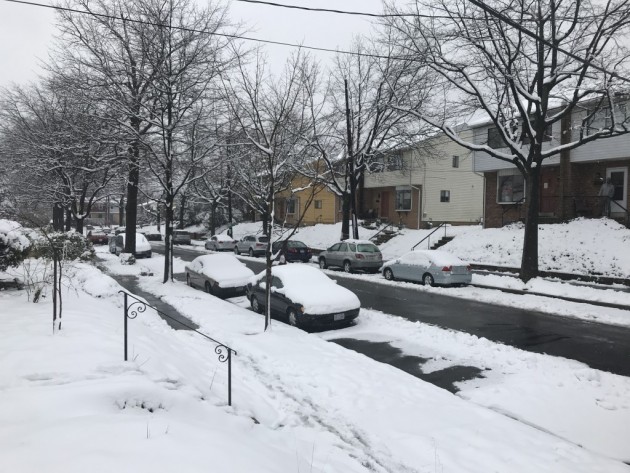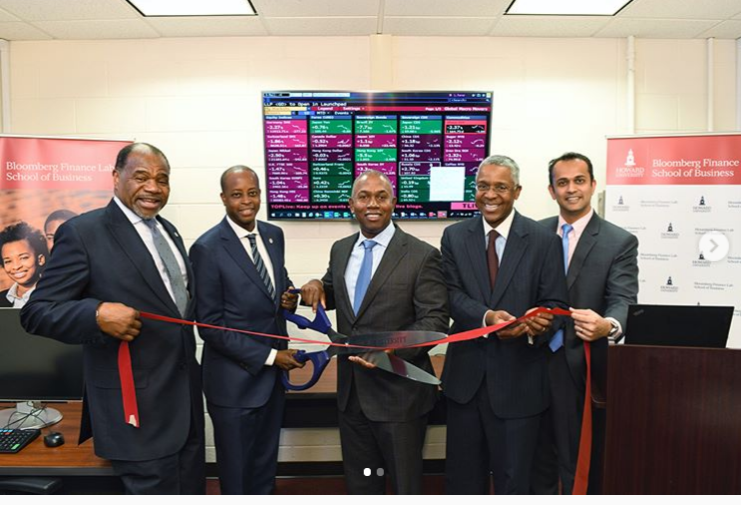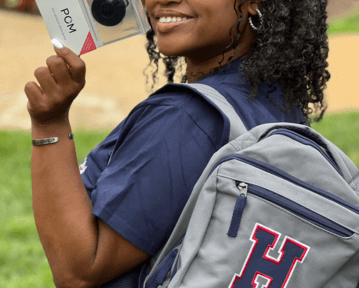Howard University’s Department of Media, Journalism and Film hosted an impactful panel event, “Power of the Pen,” that featured literary powerhouses Nikole Hannah- Jones and HU alumni Ta-Nehisi Coates, and Jelani Cobb. The writers discussed their work and the importance of remaining true to oneself in the literary and journalism world. NewsVision’s Bryce Newby and BreAnna Bell report.
Howard University students were given the opportunity to learn about the power of black journalists from established journalists, Nicole Hannah Jones, Jelani Cobb, and Ta-Nehisi Coates Tuesday evening in Cramton Auditorium. A discussion, moderated by Anthony “A.B” Brown, led students on an eventful journey into intellectual discourse about the duty of black journalists and objectivity.
Ta-Nehisi Coates opened the panel with a quick statement thanking his alma mater. “It is quite impossible to imagine any other prominence or success in my career without Howard University,” he said. “I owe Howard. I will owe Howard until the day I die.”
The group of acclaimed writers also expressed to the sea of young, fresh faces the duty as a black journalist to not only be excellent but to also try to express the black experience in a plain form to combat racism and ignorance that affects the nation and all people of color. For Ivy league professor and writer, Jelani Cobb, he explains that he understands his job as a journalist is to try to be responsible for his people in his time.
A major issue that black journalists must tackle, the group acknowledged, is navigating the line between objectivity and telling the stories as black journalists know them to be historically. Fellow journalist, Nicole Hannah Jones said she doesn’t believe in objectivity in the reporting that she does.
“I think objectivity has been the shield by which mainstream white journalists and media hide behind when they make decisions, clearly that many of us see as biased when they decide: what they’re going to cover, who they’re going to cover, how they’re going to cover a story, what goes on the front page,” she said. “These are all subjective decisions about what they view as important. For me, I don’t choose to hide behind that at all.”
To close the event, the panel of journalists ended with a reminder of the work that remains to be done as black journalists in the world. Ta-Nehisi Coates said, “You have to use your work as a sword. You are at war.” He continued to say, “Your job is to use the power of your job as a journalist to not be apart of the people trying to push the world off a cliff.”

